Unplugged family nights aren’t just trendy—they’re transformative. Learn how ditching screens can bring your family closer than ever.
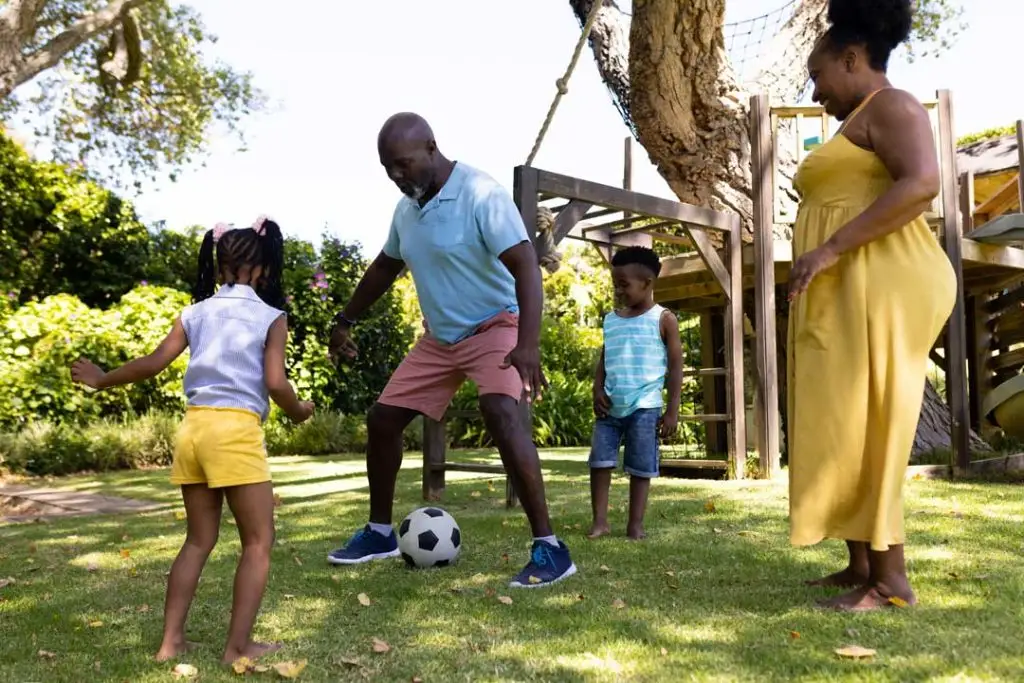
There’s a moment that hits hard—usually sometime between the third scroll through Instagram and the half-hearted laugh at a TikTok you didn’t even find funny. You look up. The room is quiet. Your partner’s eyes are glued to a screen. Your kids are in their own corners, barely responding when you speak. It’s not just silence—it’s disconnection.
Why Unplugged Family Nights Are the Key to Real Connection
It sounds old-fashioned, maybe even a little idealistic in our fast-paced, WiFi-flooded lives. But families who try it—really commit to it, even once a week—often report something remarkable: they feel better. They laugh more. They sleep better. They even argue less. And beneath those surface benefits lies something deeper and more surprising than you’d expect. Let’s dive in.
Why Unplugging Feels Like a Radical Act (Because It Is)
We live in a culture that never powers down. Between emails, Netflix binges, Zoom calls, and “just one more game,” the line between work, play, and rest is hopelessly blurred. That’s why choosing to switch off—even temporarily—feels rebellious. It shouldn’t, but it does.
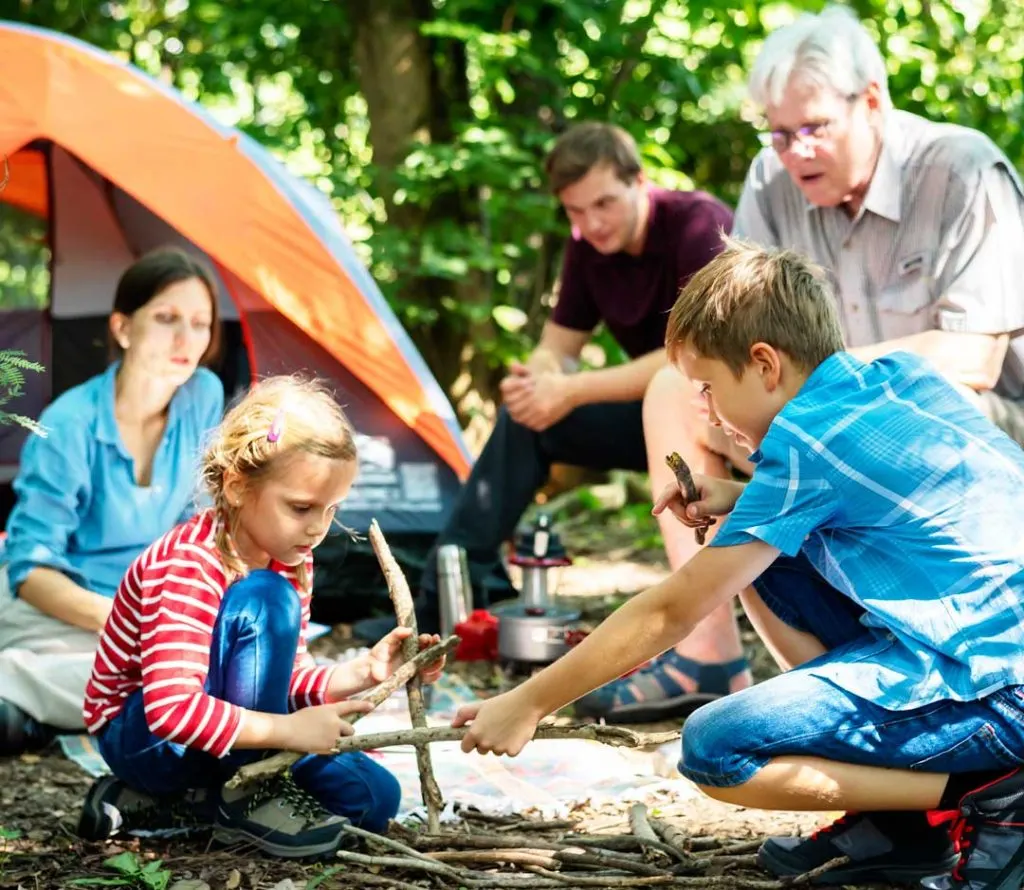
And what’s wild is how powerful that rebellion can be. When your family steps away from screens, even just for a few hours, something real starts to happen. You stop multitasking. You notice each other. You talk. You share. You laugh—sometimes about nothing at all.
This isn’t nostalgia for a bygone era. It’s neuroscience. Studies show that when we take breaks from screens, especially in social settings, our brains actually begin to recover from the constant stimulation. Cortisol levels drop. Empathy increases. And our ability to stay present—really present—gets stronger.
A Shift from Passive to Active Joy
Let’s talk about joy. Not the dopamine buzz of scrolling or the background hum of a YouTube video. Real joy. The kind you feel when your kid finally beats you at a board game and lights up with pride. Or when everyone’s laughing so hard at a family charades game that no one can breathe.
Unplugged nights shift the source of entertainment from passive to active. Instead of consuming someone else’s content, you create your own. That’s a powerful shift—not just for kids, but for adults, too.
You start to remember what fun actually feels like when it isn’t packaged and streamed. It’s imperfect. It’s loud. It’s messy. But it’s also incredibly real.
Building Emotional Muscles as a Family
Here’s something that doesn’t get talked about enough: screen-free nights build emotional resilience. Think about it. When you’re all present in the same space—no phones to hide behind—you deal with each other in real-time. That means working through boredom, disagreements, awkward silences, and occasional grumpiness.
And that’s not a bad thing. It’s actually where the magic happens. Families who commit to unplugged time often develop stronger communication patterns. Kids feel heard. Parents feel less like referees and more like teammates.
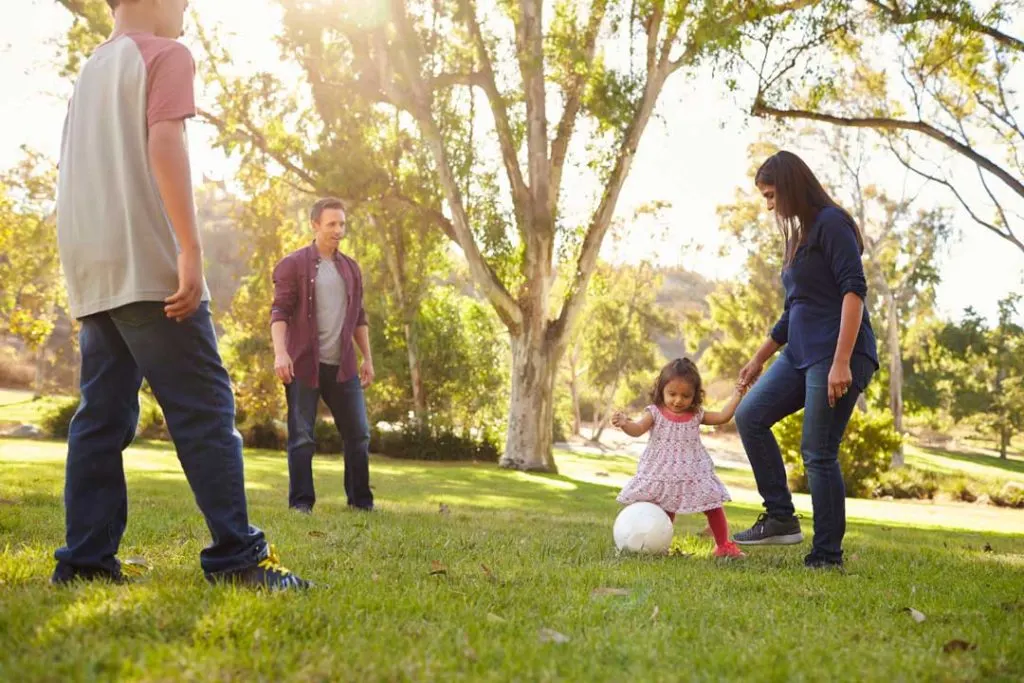
You’re training your emotional muscles together. In the same way that a family might train for a marathon or learn a new skill, you’re learning to be together in a deeper, more grounded way.
Discovering Each Other (Again)
Here’s the most surprising part of unplugged family nights: you start discovering new things about the people you thought you knew.
Maybe your teenager, who barely grunts at the dinner table, is a storytelling genius when there’s no screen to steal the spotlight. Or your spouse, usually buried in work emails, turns out to be ridiculously competitive in a game of Scrabble.
The absence of screens makes space for personality to breathe. For curiosity to rise. For inside jokes to be born. These are the threads that weave family identity—the “remember when” moments that stick around long after the WiFi reconnects.
When the Power Goes Out… the Magic Turns On
Think back to the last power outage you experienced. What happened? Chances are, the whole family ended up in the same room. Maybe with flashlights or candles. Maybe telling stories or playing cards. And maybe—just maybe—it turned into one of your most cherished memories.

That’s the essence of an unplugged night. You don’t need a blackout to make it happen. You just need intention. Create a ritual. Make popcorn. Light a few candles even if the lights still work. Set the phones aside. Choose a deck of cards, a board game, or just a stack of “Would You Rather” questions. And watch what unfolds.
What Happens to Time When You Unplug
Time slows down. This is not a metaphor. When we’re plugged in, we live in fast-forward. Ten seconds here. A scroll there. A binge-watch that eats up four hours in the blink of an eye.
But unplugged time expands. Conversations stretch. Moments linger. You notice the sound of your child’s laugh or the way your partner looks at you across the table. You’re not rushing toward the next ping or post. You’re just… there.
And being there, really being there, is one of the most healing experiences a family can share.
Teaching Kids What Connection Really Means
Kids are growing up in a world where connection is measured in likes and streaks. But the real, foundational kind of connection—the one that builds trust, empathy, and emotional intelligence—happens offline.
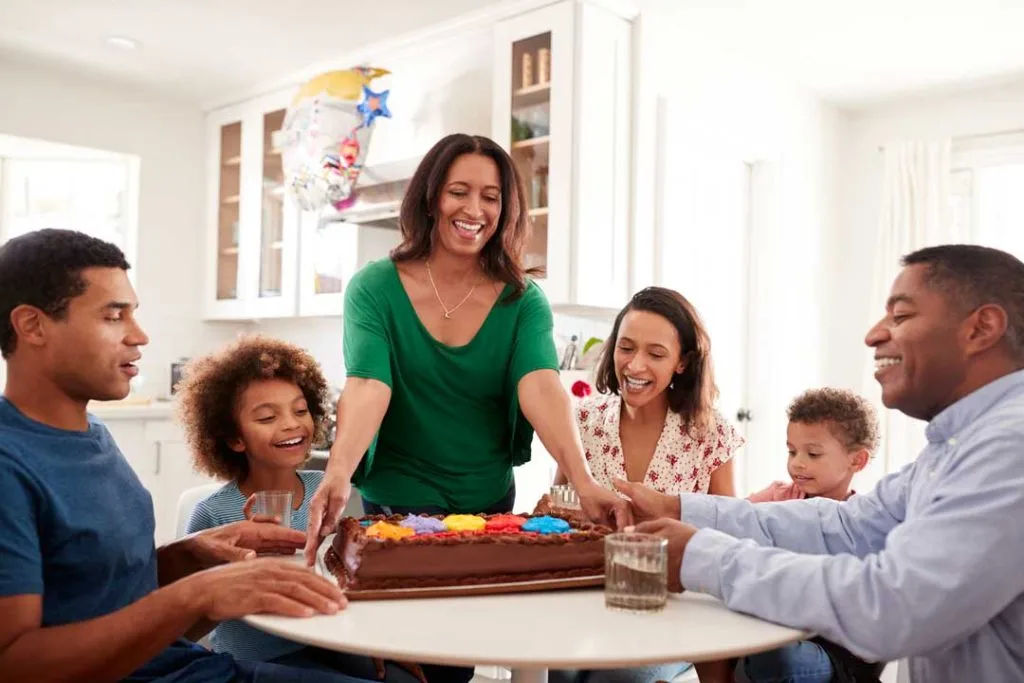
Unplugged family nights teach kids that they matter more than a screen. That conversation beats scrolling. That attention is a form of love.
You’re not just entertaining your kids. You’re modeling a new rhythm of life. One where presence is prioritized.
A Quick Word About Resistance (Because It Will Happen)
Let’s be real: the first few unplugged nights might be rocky. There will be eye rolls. Complaints. Maybe even sulking. Especially if everyone’s used to the constant drip of digital distraction.
That’s normal. It’s also temporary.
The trick is to be consistent and collaborative. Let everyone in the family have a say in what happens during unplugged time. Rotate who picks the activity. Make it fun, not forced. And most importantly—model the behavior. If you’re checking your email under the table, the whole thing unravels.
The Unexpected Mental Health Boost
This one’s big. Family nights without screens have been linked to improved mental health—not just for kids, but for adults, too.
Here’s why:
- Reduced comparison (thanks to no social media) means improved self-esteem.
- Less screen time means better sleep.
- More real-life interaction means lower anxiety.
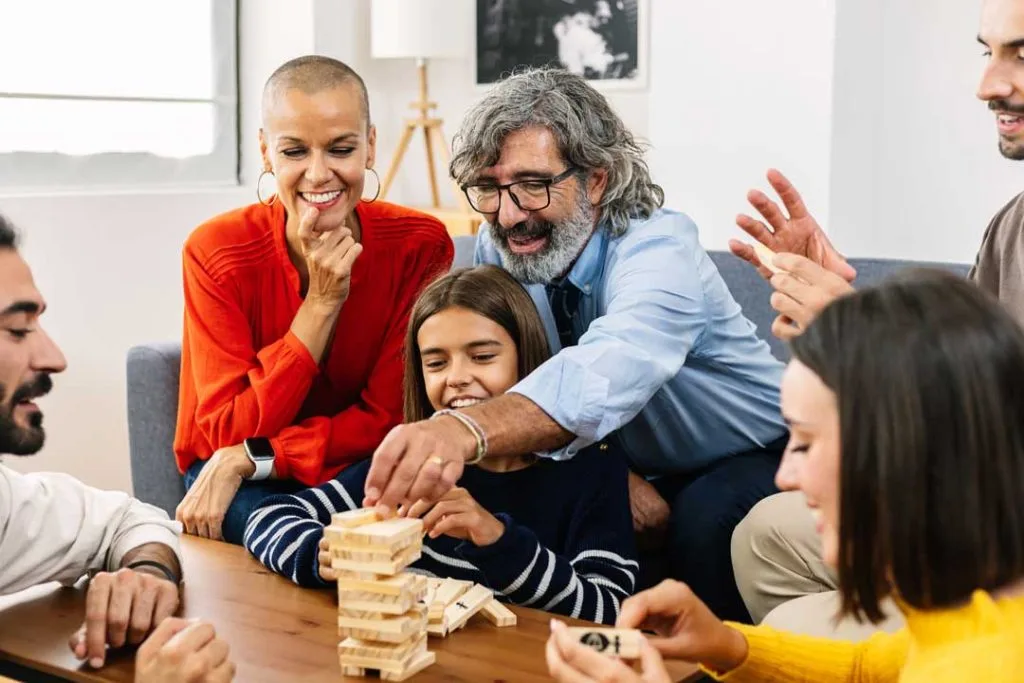
The simplicity of talking, laughing, and playing together creates emotional safety. And in that safety, people open up. Even the quiet ones. Even the moody ones.
And Yes, Even Poker Counts
You don’t need to reinvent the wheel when it comes to unplugged nights. Classic games work for a reason. They invite conversation, competition, and strategy.
Take poker, for example. It’s more than just cards. It teaches emotional regulation, reading body language, and patience. It also sparks laughter and banter in ways no app can replicate.
So yes—play poker. Or Uno. Or Jenga. Or even a made-up game your five-year-old invented last week. The point isn’t what you do. It’s how you do it: together, without digital distractions.
Reconnect and Recharge: The Power of Unplugged Family Nights
At the end of the day, most of us aren’t chasing content. We’re chasing connection. The real kind. The kind you remember. Unplugged family nights won’t solve all your problems. But they will give you space to breathe, space to laugh, and space to remember why being a family matters.
So go ahead. Put the phones in a basket. Light a candle. Pull out the cards. Say no to the noise and yes to each other.
You might be surprised by what you find waiting in the quiet.

Jessi is the creative mind behind The Coffee Mom, a popular blog that combines parenting advice, travel tips, and a love for all things Disney. As a trusted Disney influencer and passionate storyteller, Jessi’s authentic insights and relatable content resonate with readers worldwide.
